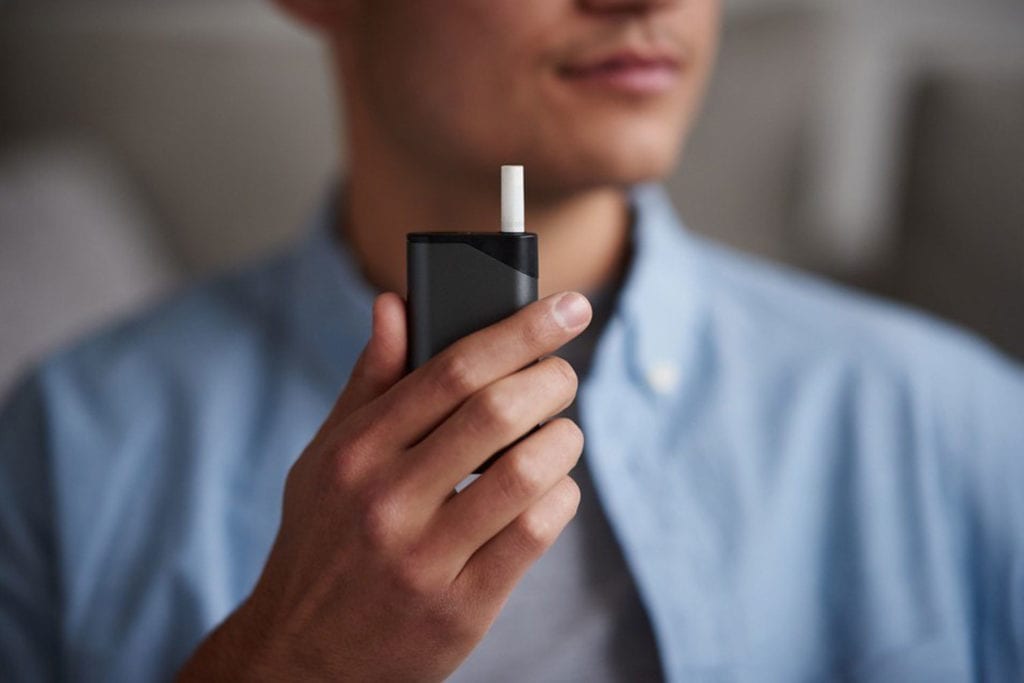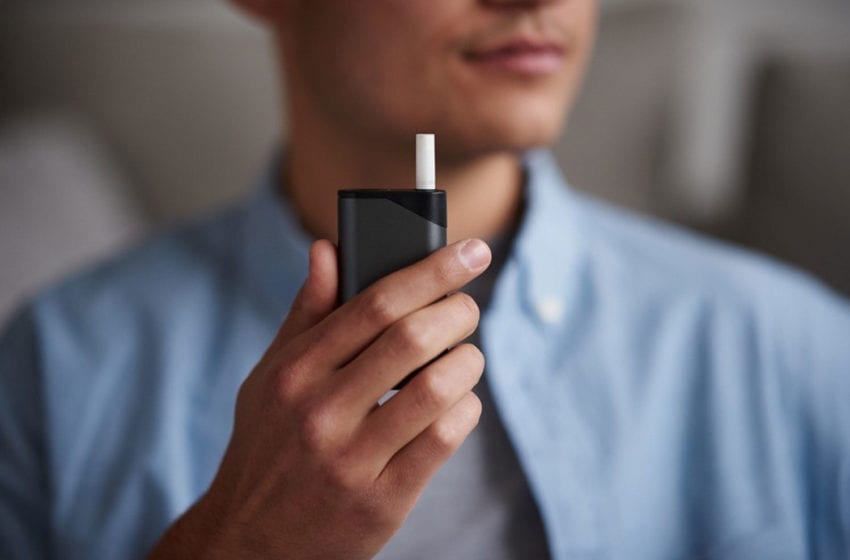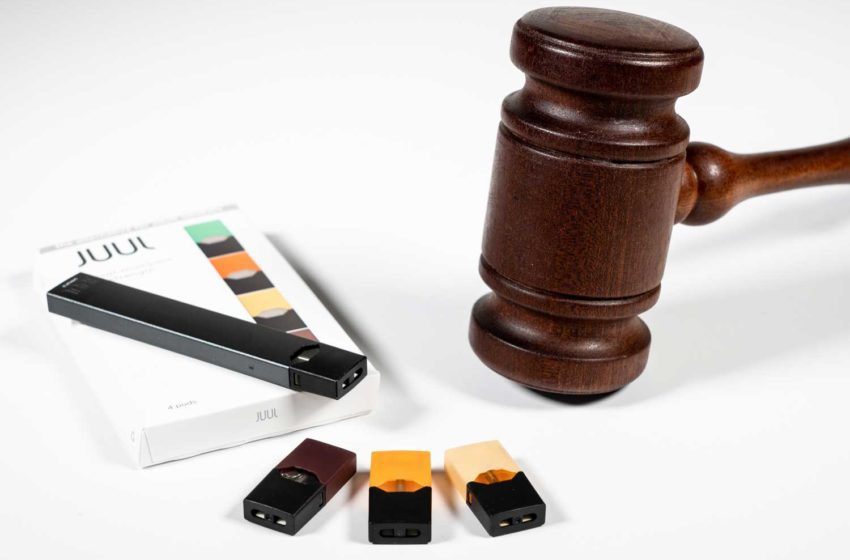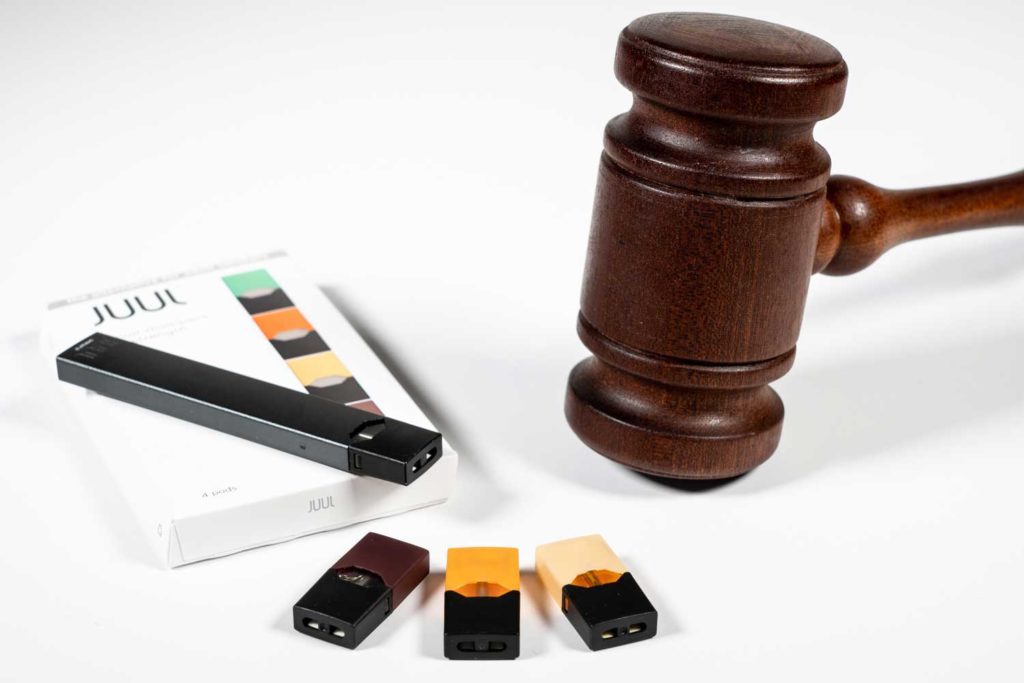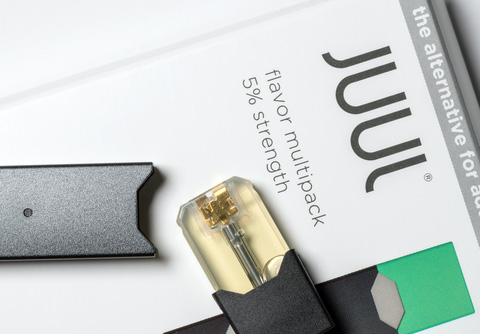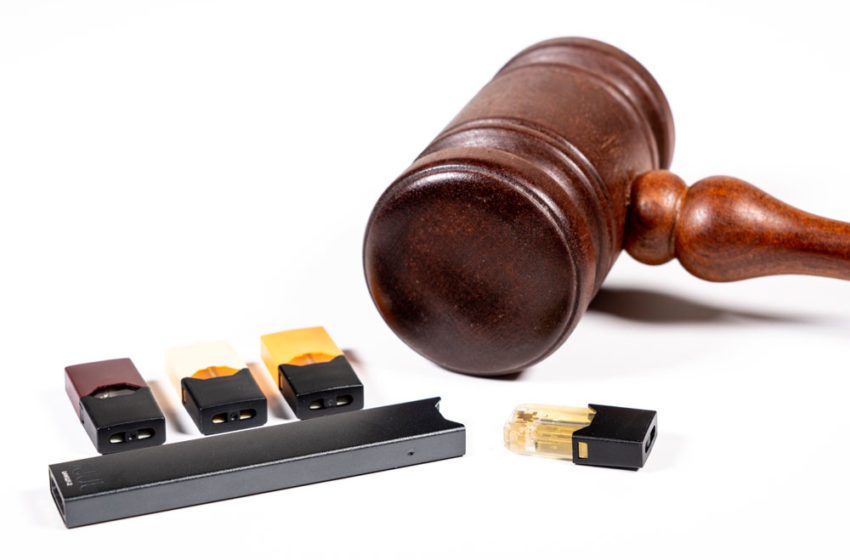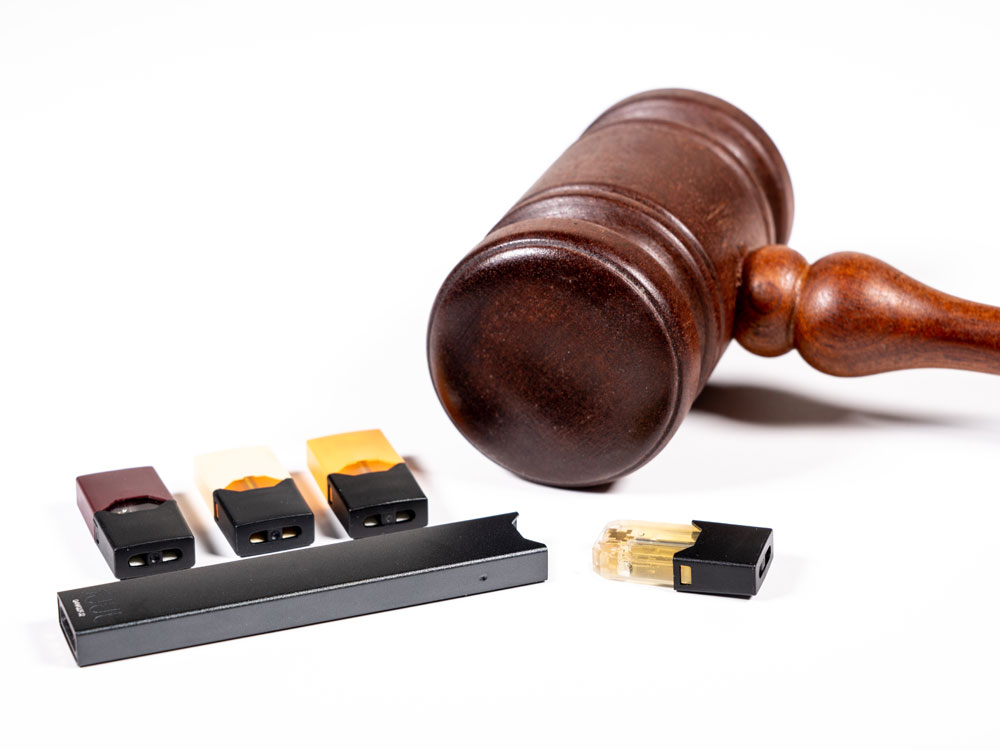“In our applications, which we submitted over two years ago, we believe that we appropriately characterized the toxicological profile of Juul products, including comparisons to combustible cigarettes and other vapor products, and believe this data, along with the totality of the evidence, meets the statutory standard of being “appropriate for the protection of the public health.”
In its court filing, Juul said the FDA’s decision followed “immense political pressure from Congress once it became politically convenient to blame [Juul] for youth vaping, even though several of its competitors now have a larger market share and much higher underage-use rates,” according to The Wall Street Journal.
Juul said that the FDA’s order to immediately remove all Juul products from U.S. stores was a departure from the agency’s practices, which typically have a transitional period. The e-cigarette maker also questioned the agency’s handling of the announcement, pointing to the fact that the order had reported in the press before it was officially announced.
“Regulation through leaks and press releases is no way to handle agency action, much less to order a company to cease essentially all business operations,” Juul said in the court filing.
In a press note, Juul Labs said it is exploring all of its options under the FDA’s regulations and the law. “We remain committed to doing all in our power to continue serving the millions of American adult smokers who have successfully used our products to transition away from combustible cigarettes, which remain available on market shelves nationwide,” the company wrote.
Normal
0
false
false
false
EN-US
X-NONE
X-NONE
/* Style Definitions */
table.MsoNormalTable
{mso-style-name:”Table Normal”;
mso-tstyle-rowband-size:0;
mso-tstyle-colband-size:0;
mso-style-noshow:yes;
mso-style-priority:99;
mso-style-parent:””;
mso-padding-alt:0cm 5.4pt 0cm 5.4pt;
mso-para-margin-top:0cm;
mso-para-margin-right:0cm;
mso-para-margin-bottom:8.0pt;
mso-para-margin-left:0cm;
line-height:107%;
mso-pagination:widow-orphan;
font-size:11.0pt;
font-family:”Calibri”,sans-serif;
mso-ascii-font-family:Calibri;
mso-ascii-theme-font:minor-latin;
mso-hansi-font-family:Calibri;
mso-hansi-theme-font:minor-latin;
mso-bidi-font-family:”Times New Roman”;
mso-bidi-theme-font:minor-bidi;}
Meanwhile, the announcement that Juul products must come off the market triggered a run on stores, according to various news outlets, including Bloomberg. “Gonna clear the shelves and hoard ’em like our incandescent bulbs!” one user wrote on Twitter following the news.
